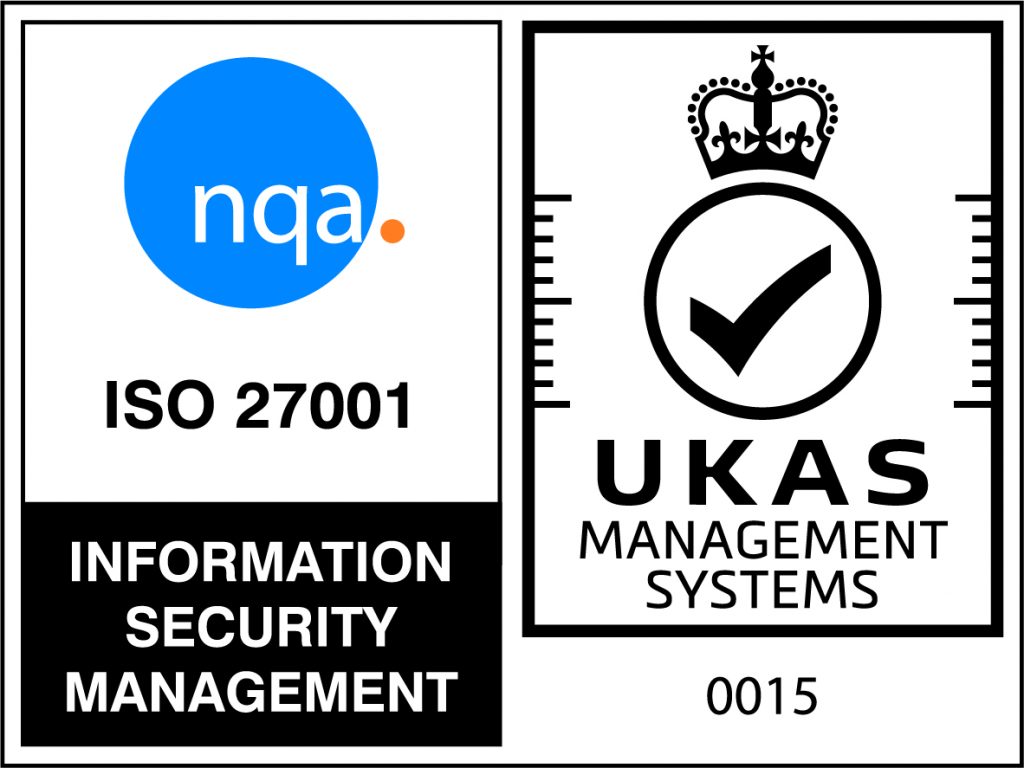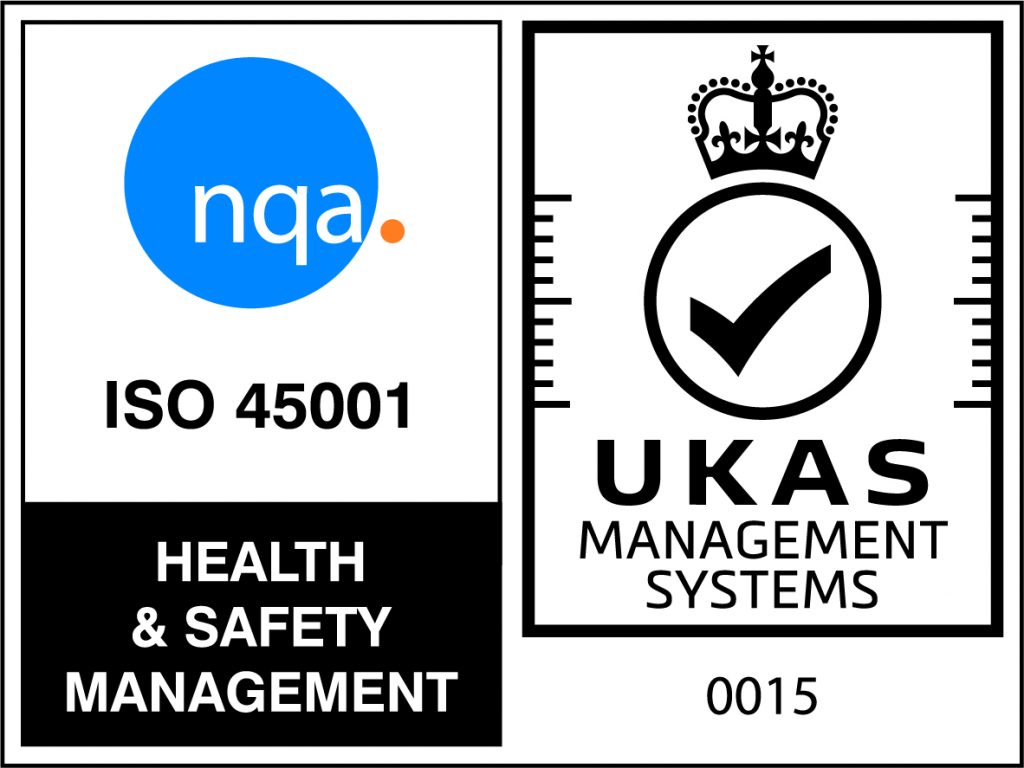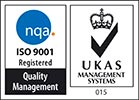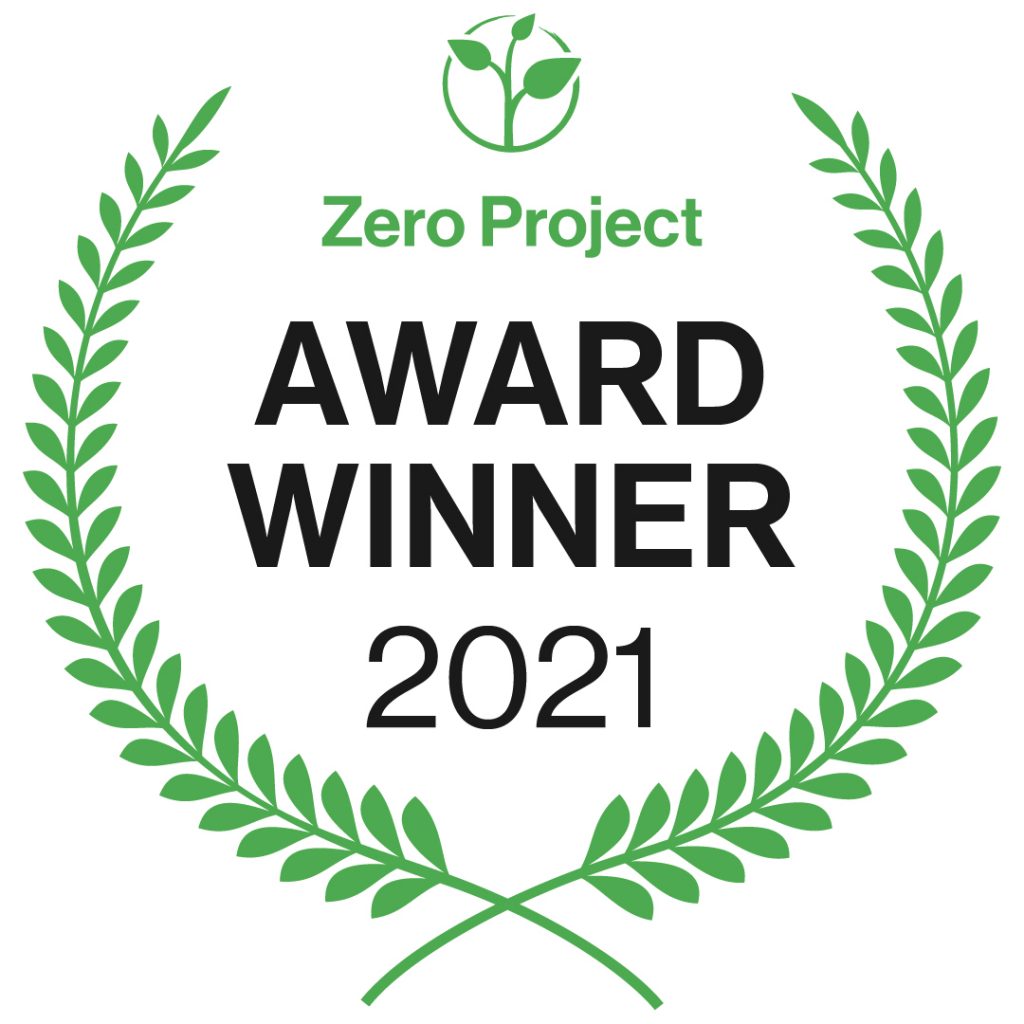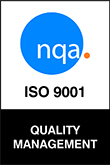Diane Lightfoot is CEO of Business Disability Forum. Diane is responsible for leading and shaping all aspects of Business Disability Forum’s strategy and delivery and for representing the organisation at the highest levels of business and government.
Why Business Disability Forum supports businesses to take action on disability inclusion
Almost three years ago Covid changed our lives forever. It continues to do so, and one perhaps surprising impact (at least initially) has been a growth of interest, understanding and appetite for disability inclusion. Businesses have realised that they can, and must, work differently and flexibly. There are other drivers of course: Brexit, and the loss of a migrant European workforce for one. Nonetheless, I feel there is a shifting narrative; one that is increasingly about talent – and that is great to see.
Does this mean that disability inclusion can be moved down the “to do” list for 2023? Absolutely not. There is a growing understanding of why disability inclusion is important to business, but until it is seen as vital, and integrated as ‘business as usual’ in every organisation, our work here is not done.
At Business Disability Forum, we see it as our role to make that happen. This means supporting organisations to not only talk about disability – although talking about disability is incredibly important and a good place to start – but to turn well-intentioned conversations into tangible actions, which make a positive impact on individual lives. The CMI’s recently published ‘Everyone Economy’ report shows why this is so important. The report looked at the “perception to action” gap and found that while 81 per cent of managers and leaders who responded felt that their organisation was inclusive of disabled people, only 22 per cent felt their organisation was taking action to increase representation.
Our Disability Smart Framework is built around our ethos that getting it right for disabled people means an active organisation-wide approach. The framework looks at ten areas across a business: leadership, learning and development, workplace adjustments, recruitment, retention, customers, procurement, communication, built environment and IT. I’m often asked which I think are the most important. Of course, they all are! But if I had to choose a top two, I would cite leadership and adjustments.
Inclusive leadership
It’s no accident that the first pillar in our Disability Smart framework is leadership. We see time and time again how vital inclusive leadership is in driving action on disability inclusion and belonging.
Too often disability is the aspect of EDI that is parked in the “too difficult” box – too sensitive, too complicated, too political even. And the fear of getting it wrong – of saying and doing the wrong thing – can mean that leaders at all levels say and do nothing. Yet if you as a leader use your position to “usualise” the conversation, it is hugely powerful in demonstrating “what matters round here”.
Inclusive leadership is about being visible. Visibility means role modelling your values and creating a safe space where everyone feels able to be themselves and tell you what they need. A place where they belong. It’s important here to remember your privilege as a leader. How safe it feels to you to talk about disability is almost certainly not a reflection on how it feels in a more junior role. If you, as a leader, are willing to talk about a disability or long-term condition, to share your own experiences if you have any, or simply to make talking about disability business as usual, it sets the tone and can make a huge difference in making it feel safe for others. Practical actions like ensuring meetings are accessible, that alternative formats and communications support is provided as routine also sends a clear signal that disability inclusion matters round here. Remember none of us know what we don’t know, so ask your people: engage with your networks and Employee Resource Groups to identify and design out barriers throughout your organisation.
And, as a leader, you may have the freedom to quietly get on with making the adjustments you need, whether that is working from home, flexible working times or buying an ergonomic mouse. You might not need to go through a formal process, but again, if you share a different way of working with your team it can be very powerful in making others feel ok in asking for the support they need.
Workplace adjustments
And that takes me to workplace adjustments – practical actions which so often make the difference between a disabled employee thriving at work or simply surviving (or worse).
A mature approach to adjustments needs to be a partnership and a contract between the employer and employee. The sweet spot is a win-win – and that is critical. Too often, I see employers at both ends of the spectrum. There are those who demand proof, who are suspicious and who say no as their default (and probably don’t get asked as a result). At the other end are those employers who are frightened to say no and forget that all important word in assessing adjustments: reasonable.
Proof or trust?
I recently hosted a dinner for our Partners where one was talking about their trust-based approach to adjustments. Employees are able to order their own equipment if they know what they need or request an assessment if they don’t. In neither case are they required to say why. I could see people round the table chewing this over until one finally voiced the question: “Aren’t you worried the system will be abused?” The response was that “we design our systems for the 99.9 per cent of people who won’t abuse them”. Of course, particularly when spending public money, good governance is important. But the “everyone will want one” fear is unlikely to come true.
If you are thinking about costs, consider designing for the 99.9 per cent who won’t take advantage of your trust versus the cost of “proof” in the shape of occupational health assessments and medical documentation for example. There is also the human cost, of course, of being unable to do what you were employed to do due to a lack of adjustments. Our 2019 Great Big Workplace Adjustments Survey, sponsored by Microlink, found that 8 per cent of respondents had to wait over 2 years for an adjustment. Three per cent had to wait more than 4 years! Imagine the detriment not just to productivity but morale.
With the help of Microlink, we are currently adding to our research on adjustments with our new Great Big Workplace Adjustments Survey 2023. We want to see how things have changed during and since COVID-19 and to understand the experiences of recent graduates joining the workplace in particular. The survey is open until 23 February so please do take part.
If the narrative on disability inclusion is finally changing, then that can only be a good thing. But we need to make that narrative real if we are to make a material difference in the day-to-day experiences of every disabled person in the workplace. Ultimately, it’s about creating a culture where people feel able to ask for what they need, have the confidence that they will receive it, and where employers have the skills and processes to provide it. It may sound simple, but we still have a long way to go.
Diane Lightfoot is CEO of Business Disability Forum. Diane is responsible for leading and shaping all aspects of Business Disability Forum’s strategy and delivery and for representing the organisation at the highest levels of business and government.

 Back to News
Back to News









